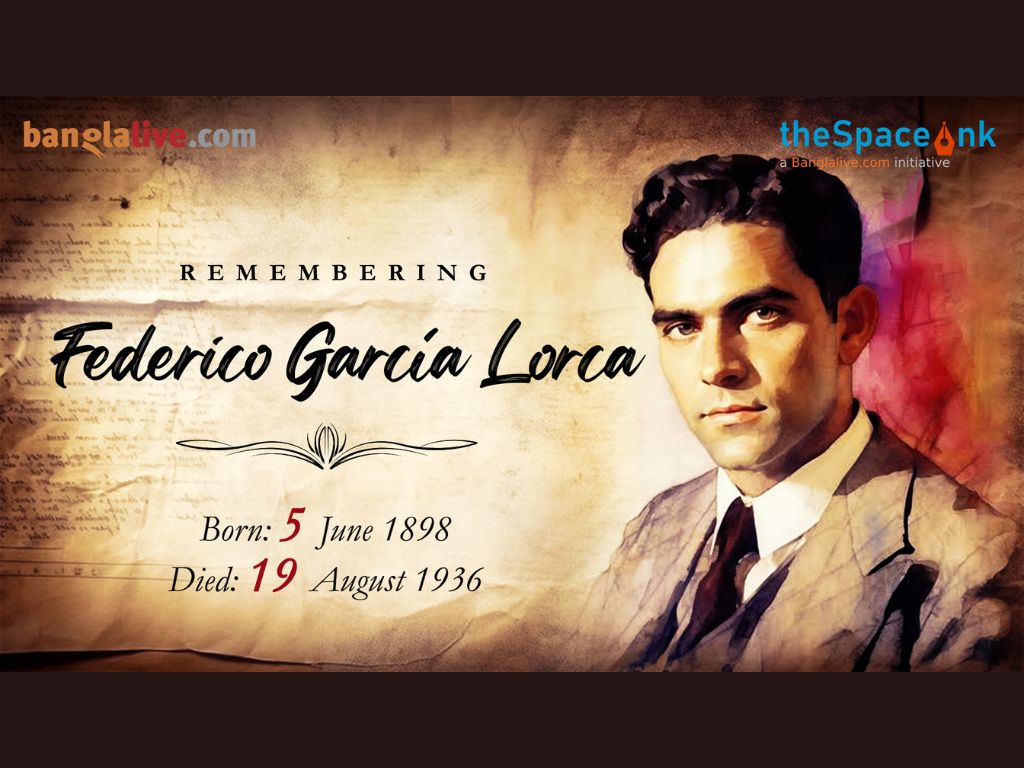In the early 1900s, a Spanish filmmaker named Luis Buñuel emerged as one of the greatest in the world. His journey spanned from the silent era of the 1920s to the 1970s, leaving an indelible mark on cinema. Luis Buñuel and Salvador Dali, bonded during their student years, living at the Residencia de Estudiantes. They birthed Cinematic surrealism with films like Un Chien Andalou (1929) and L’Age d’Or (1930), paving the way for a unique blend of art and politics.
Born on February 22, 1900, Buñuel honed his directorial skills in France, Mexico, and Spain. His time in Mexico, from 1947 to 1960, marked a fertile period where he crafted human melodramas like Gran Casino (1947) and Los Olvidados (1950). Here, he laid the groundwork for his storytelling prowess.
Transitioning into artful, unconventional filmmaking, Buñuel delved into surreal and political satire, constantly exploring dreams and the unconscious. From Viridiana’s (1961) criticism of Francoist dictatorship to The Discreet Charm of the Bourgeoisie’s (1972) Oscar-winning take on social conditions, his films carried profound messages.
Despite Viridiana causing a scandal and being banned in Spain, it became a masterpiece, showcasing Buñuel’s Catholic/Surrealist imagery, including a switchblade knife shaped like a cross. His return to Europe marked a triumphant era, with films like The Discreet Charm of the Bourgeoisie earning him an Oscar.
Buñuel’s accolades include Cannes Film Festival prizes, Berlin International Film Festival prizes, a BAFTA Award, and an Academy Award for Best International Feature Film. Honors like the National Prize for Arts and Sciences and the Career Golden Lion adorned his illustrious career. Nominated for the Nobel Prize in Literature in 1968, his influence endures, with seven of his films featuring in Sight & Sound’s top 250 films of all time. Buñuel, a child of the 20th century, remains a relevant force in 21st-century cinema.








